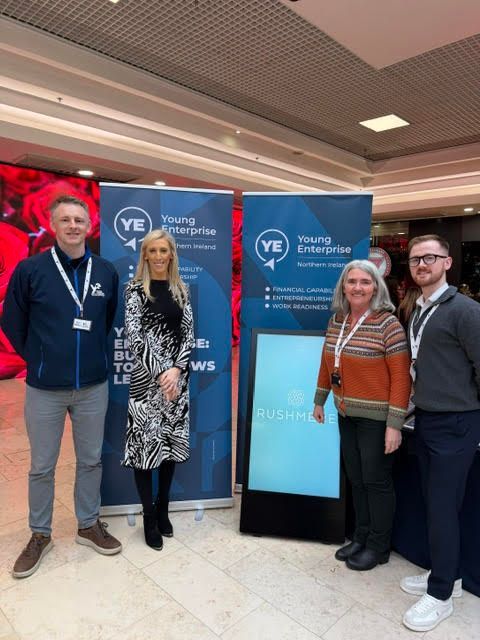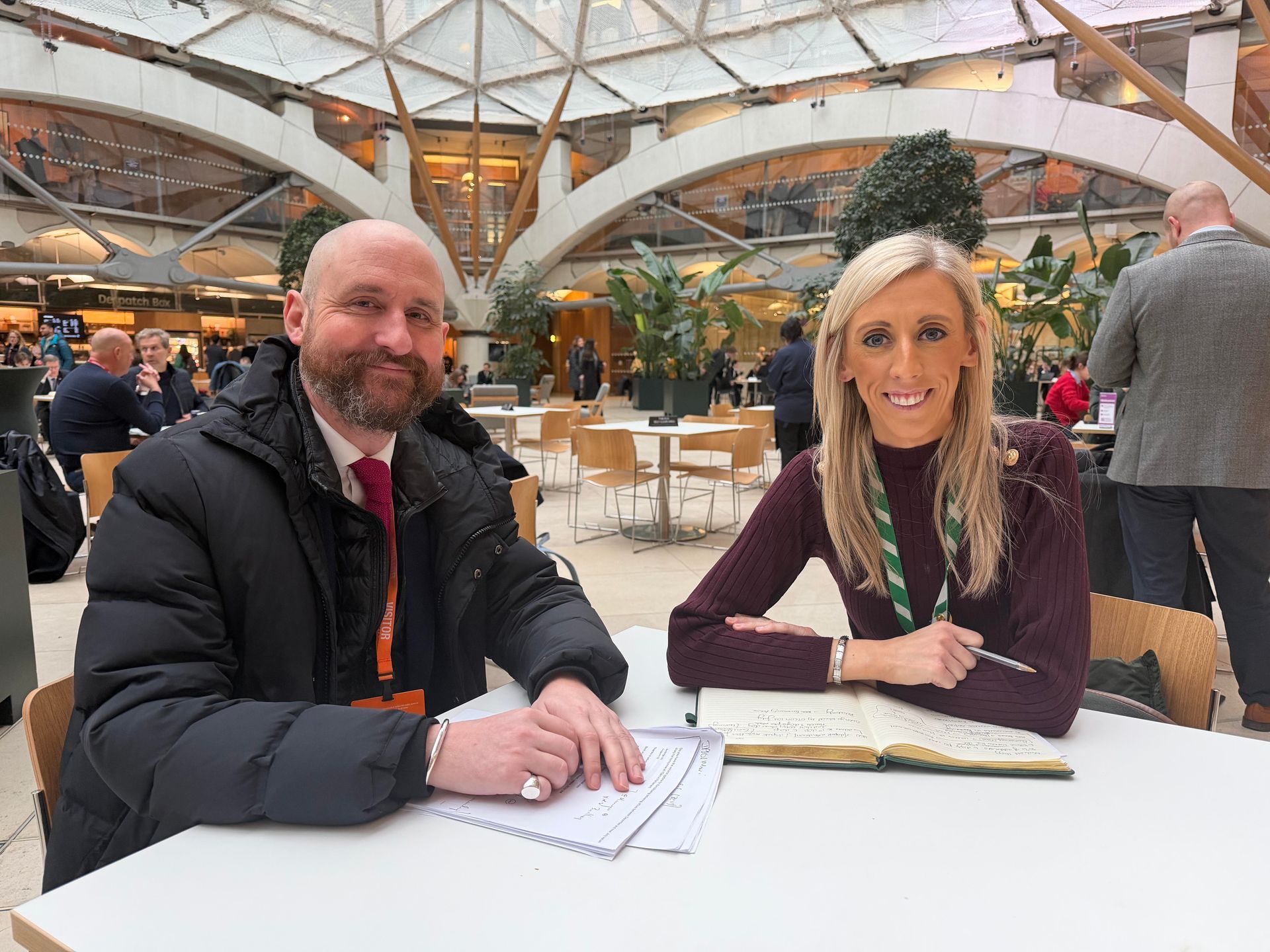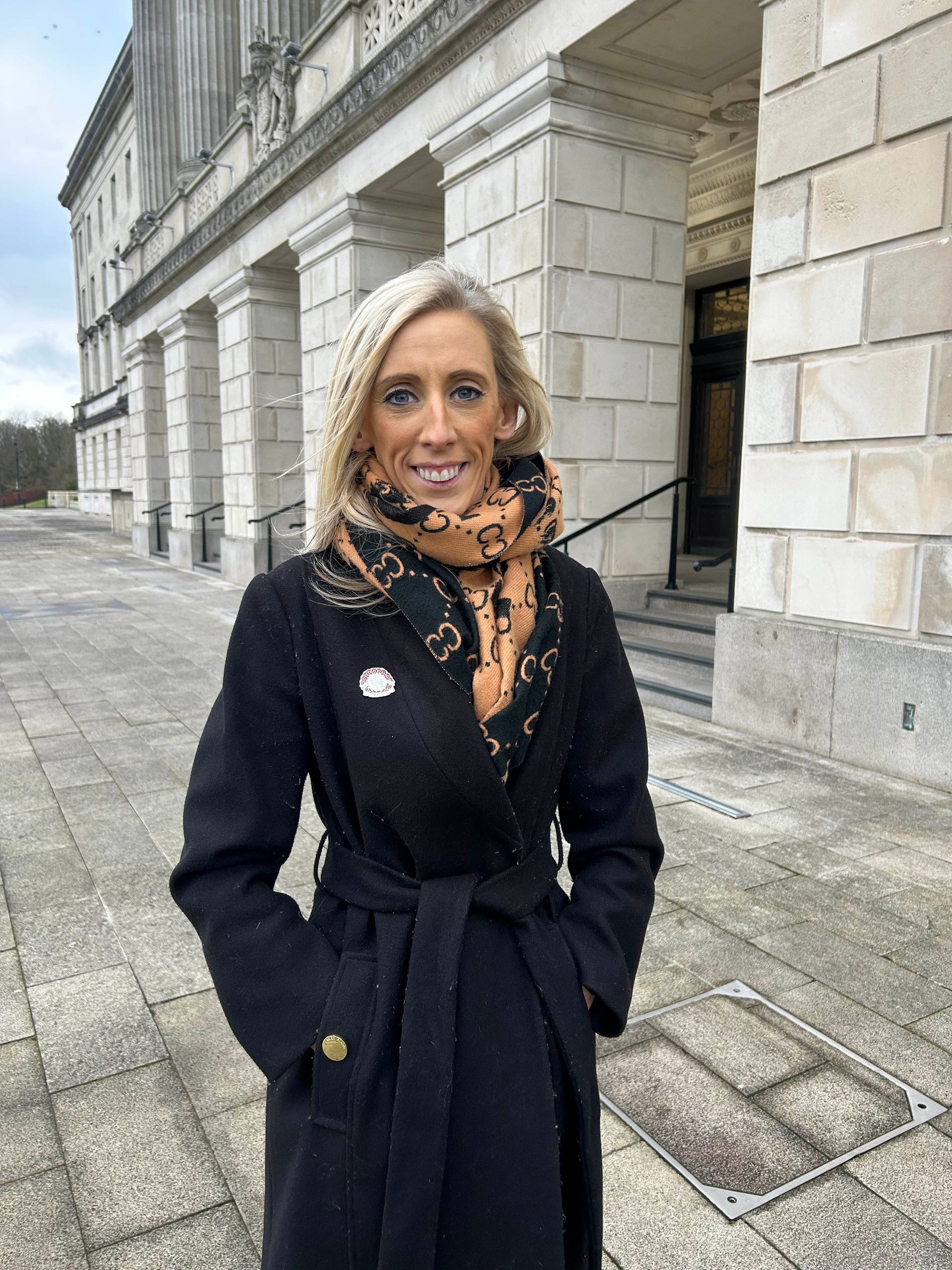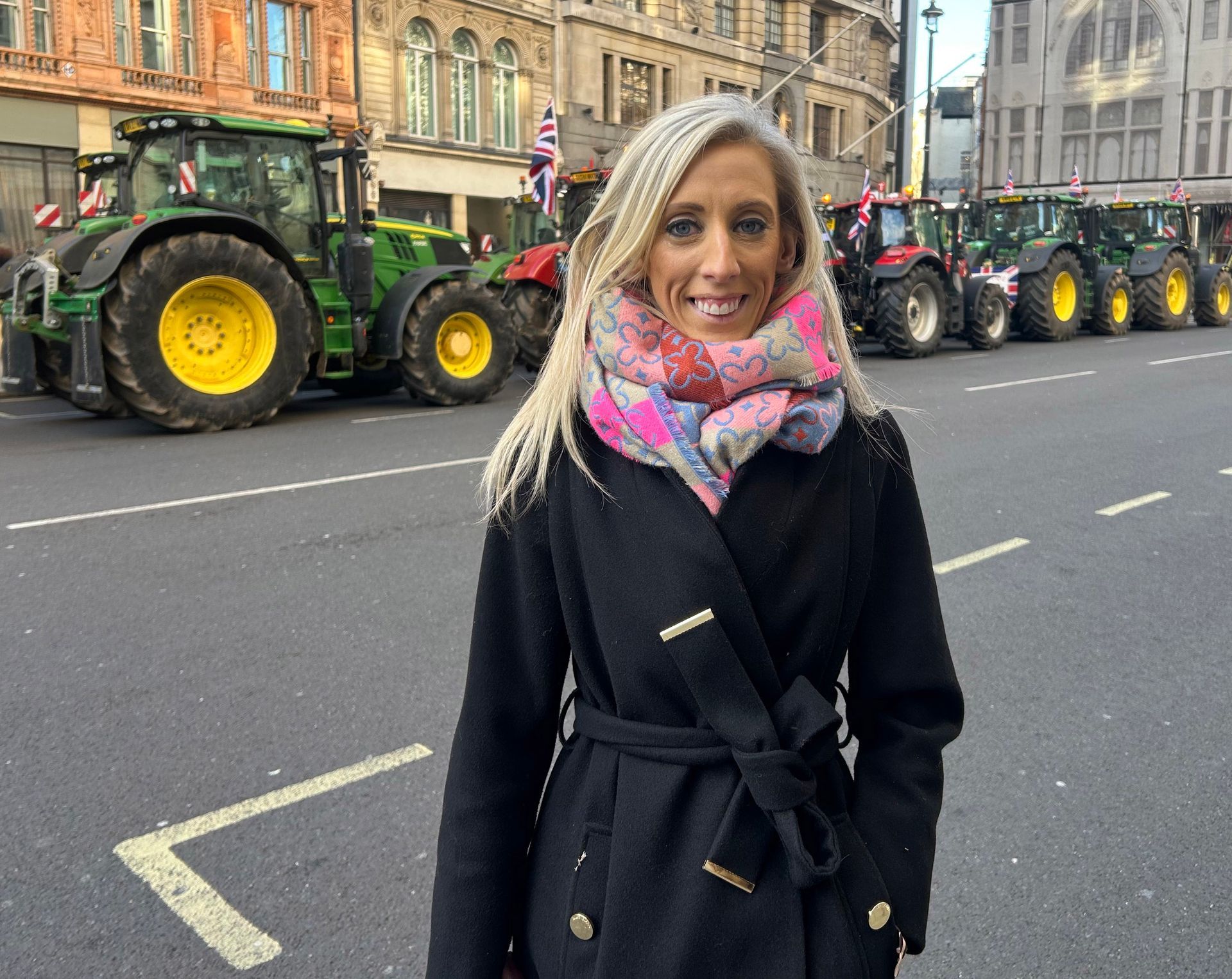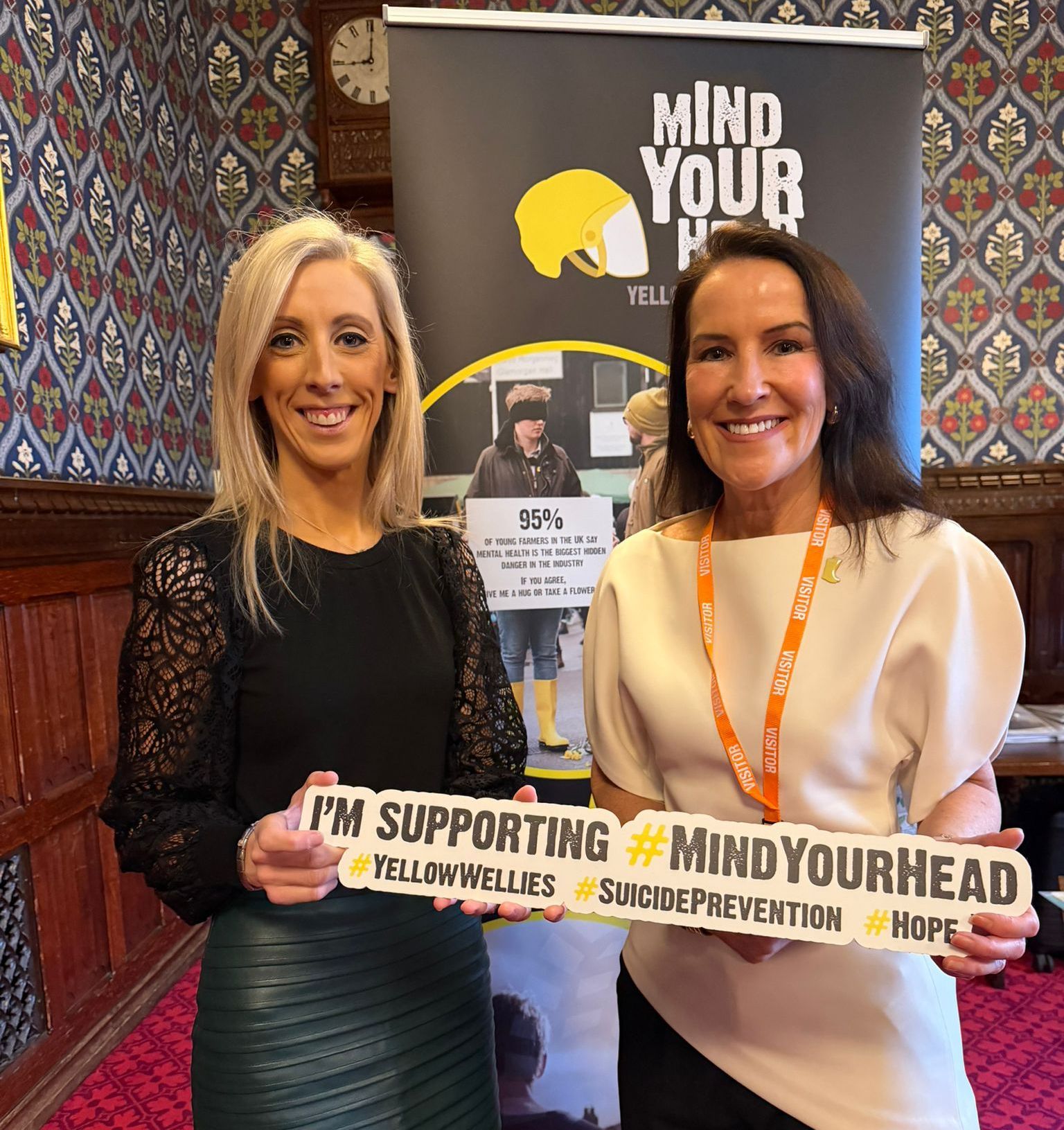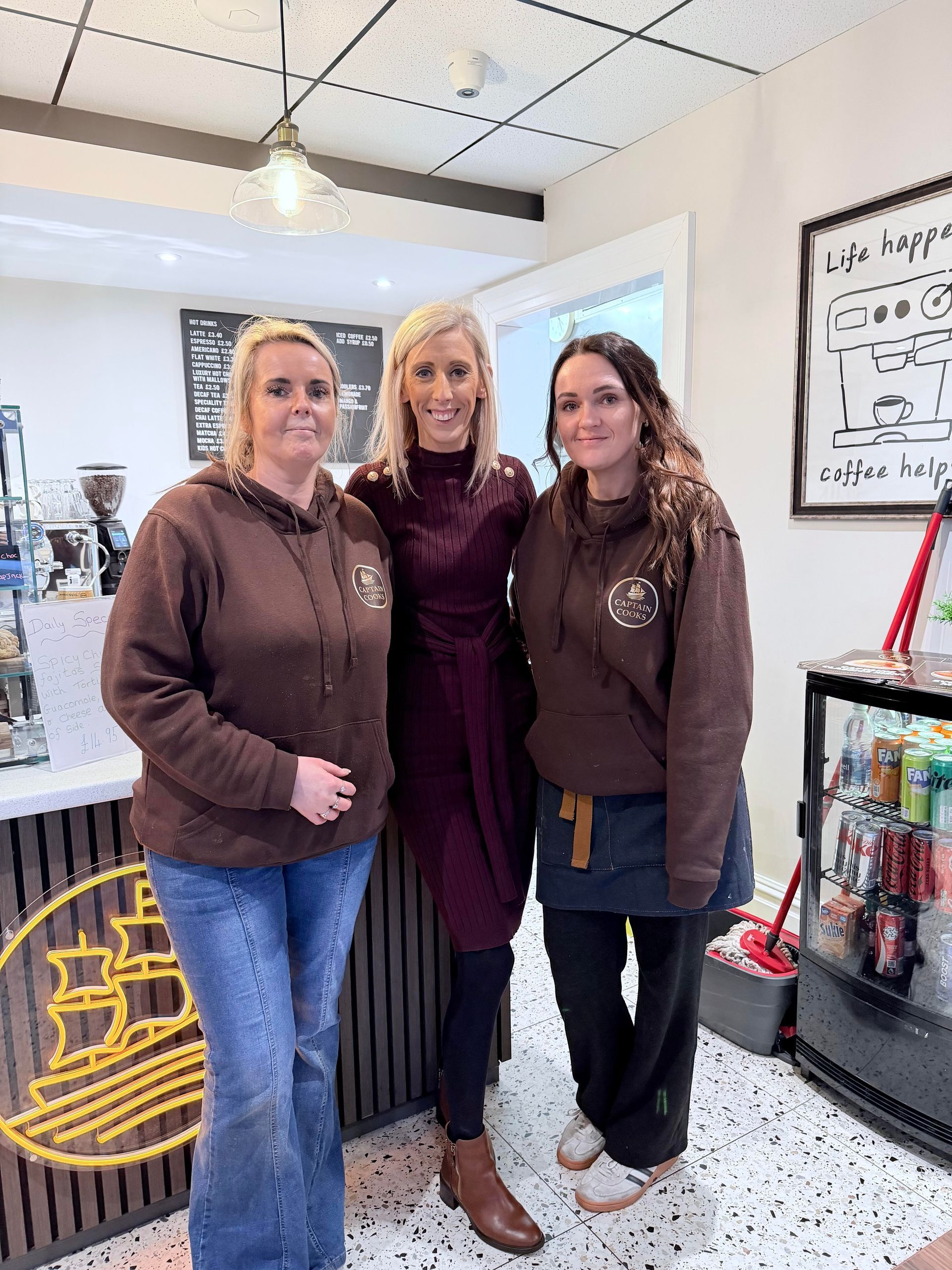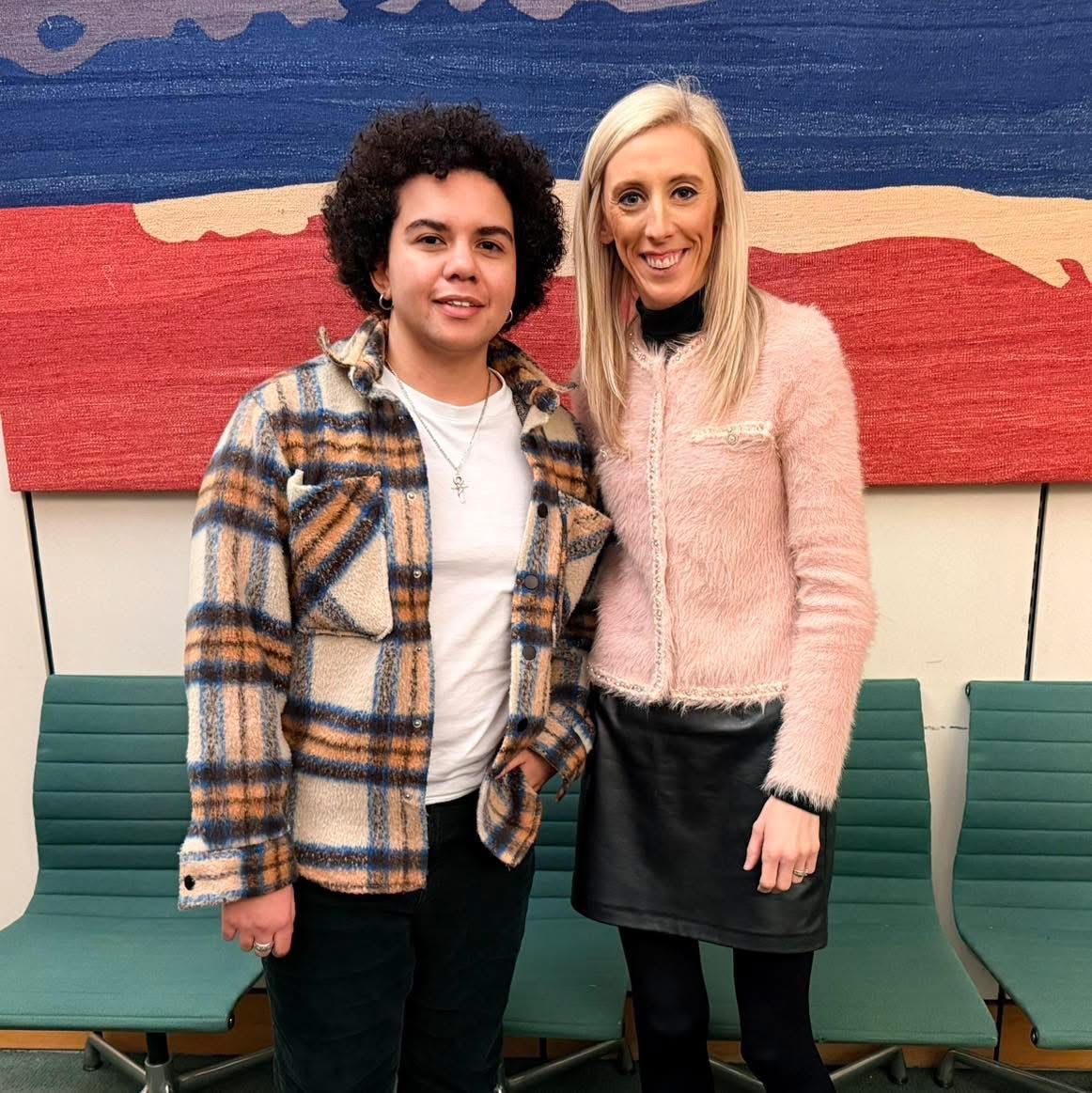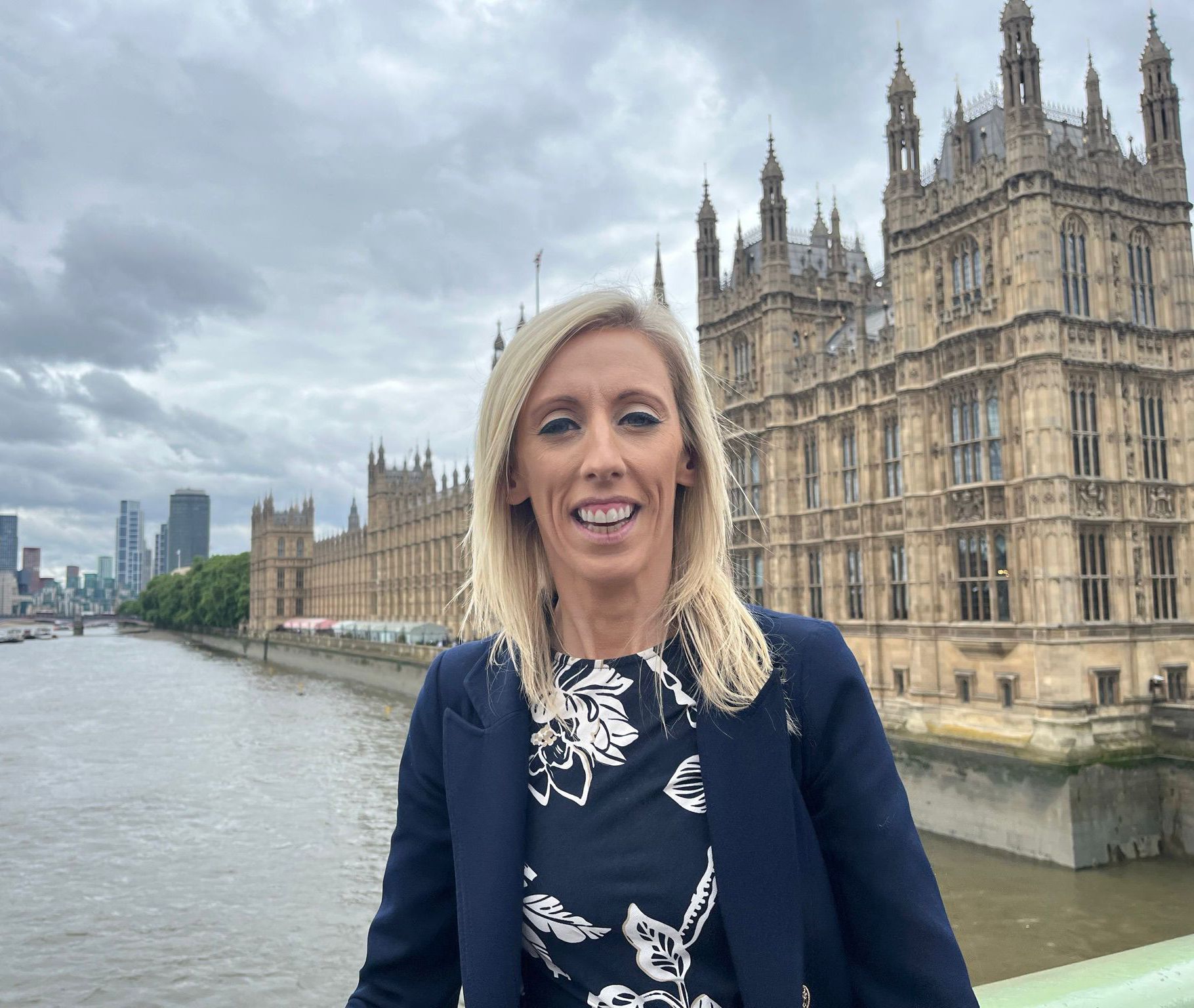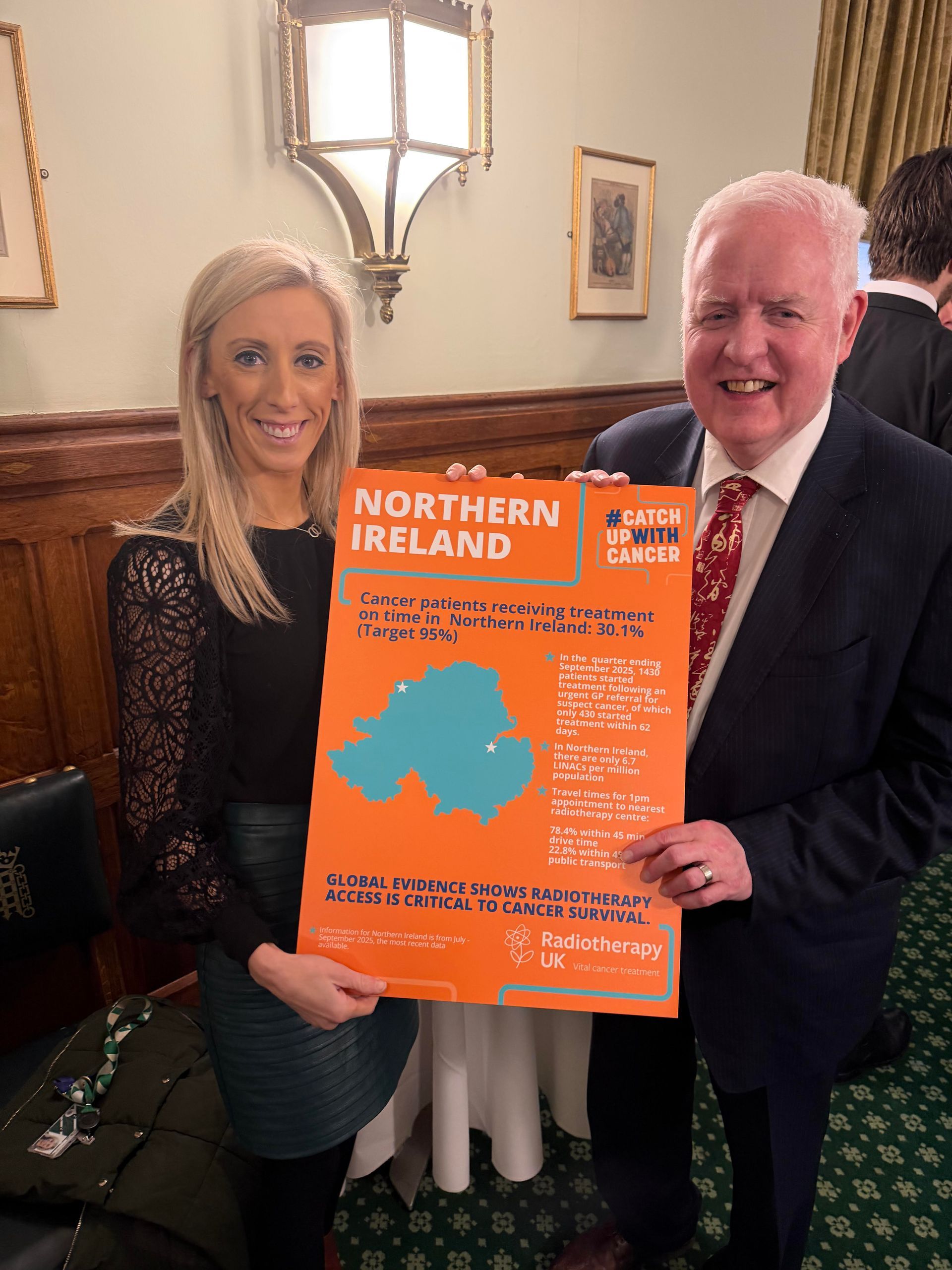MP urges government to fix EU border bureaucracy issues
DUP Agriculture, Environment and Rural Affairs spokesperson Carla Lockhart MP continues to lobby the Labour government to fix the problems caused by the EU-enforced de-factor border in the Irish Sea.
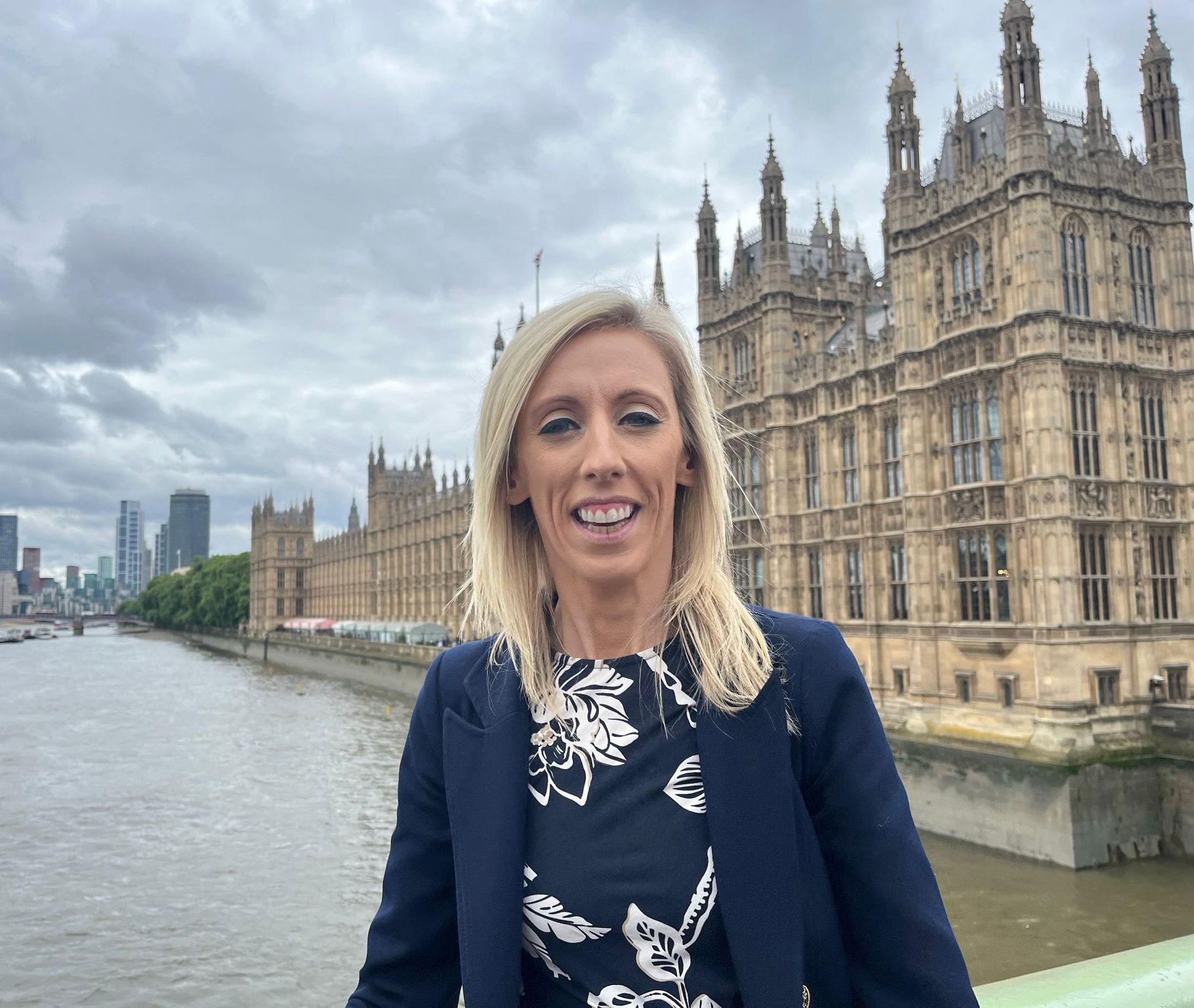
“For almost four years Northern Ireland has been cut-off from the rest of the United Kingdom. The post-Brexit problems caused by the Protocol, and more latterly the Windsor Framework, are contributing to a significant number of issues on a daily basis, including the movement of farm livestock, machinery, veterinary medicines and family pets.
“Even the humble potato, a staple and nutritious food consumed in many local households, is caught up in the nonsensical rules and regulations dictated by the European Parliament in Brussels. Despite being a foreign jurisdiction, the EU ‘calls the shots’ and legislates on over 300 areas of law which are having a crippling impact on Northern Ireland’s economy. The current situation is untenable!”
Last week in the House of Commons, the Upper Bann MP asked Scotland’s secretary of state, Ian Murray MP, what he was doing to resolve the issues caused by the internal Irish Sea border.
“The Minister has spoken eloquently about his efforts to strengthen the union that exists between our nations. What is he doing to fix the problems surrounding the import of seed and ware (or eating) potatoes from Scotland into Northern Ireland? The daily issues faced by consumers and businesses, is not strengthening the union!”
Current regulations mean that Northern Ireland aligns with EU single market rules, leading to customs checks and SPS (Sanitary and Phytosanitary) requirements on goods entering from GB.
Carla Lockhart MP said: “These regulations have created significant logistical hurdles for the importation of goods such as potatoes, leading to increased costs, delays, and in some cases, supply shortages.
“Local businesses and industry representatives have raised concerns about the regulations, particularly within the agri-food sector. The added complexity of documentation, certification and border checks has made it difficult for suppliers to meet demand, resulting in price hikes for consumers.
“A smooth flow of goods between GB and NI is crucial for maintaining food security and economic stability. The European Union (Withdrawal Arrangements) Bill recently outlined in the House of Commons, aimed to restore and re-affirm Northern Ireland’s place in the United Kingdom.”
Regulated goods, such as seed and ware potatoes, moving from GB to NI are subject to certification and marketing rules which currently apply to third countries. Strict procedures must be implemented when moving ware potatoes from GB to NI.
NI Plant Health Label (NIPHL) Scheme rules stipulate that, consignments of potatoes can only move between Authorised Professional Operators in GB and NI, who are respectively registered with DEFRA and DAERA.
All relevant documentation must be submitted online via TRACES NT at least 24 hours before the potatoes are due to arrive in Northern Ireland. All consignments are fully traceable.
Ms Lockhart continued: “The potato is a living organism which starts to deteriorate from the moment it is removed from store and repacked for transport. Unexpected delays due to administrative arrangements add expense, and lead to uncertainty in a time-critical supply chain involving a quality-sensitive product.
“The whole process creates a substantial and cumbersome paper trail. If any anomalies are evident in the paperwork, however minor, or there are no DAERA staff on duty at the port to carry out the checks, the lorry and its consignment will be held until all issues are resolved. Simple errors could lead to a substantial delay, potentially several days.
“There are a number of large potato processing businesses across Northern Ireland, supplying the food service sector and major supermarkets with quality potatoes. Where possible, these companies support local farmers and growers, but local potatoes are seasonal and aren’t available year-round. To satisfy demand, and to obtain specialist varieties, potatoes are imported from England and Scotland.
“Northern Ireland’s seed potato industry has contracted steadily in recent years, leaving local growers more reliant on sourcing and importing seed from mainland GB. Scotland can supply large volumes, a wide range of varieties, and its potato crops are noted for good viral health and reliable quality.”
The MP added:” Ware potatoes are imported in larger volumes throughout the year under tighter time constraints.
“It is evident that there are difficulties with compliance under the current regime. I will continue to work with my DUP colleagues to press the government to find a solution that works for all.”
Share
